psoriasis ( symptoms, couses and treatment )
psoriasis
Although, there is no known cure, it is possible to manage psoriasis to a state equivalent to being cured. Here's the approach that worked for me.
I developed (predominantly plaque) psoriasis in my late thirties while living in the UK. It came on gradually over a year or so. Then for three years I suffered the maddening itch (especially during the winters) and would frequently wake up with some blood on the sheets. My wife would regularly mention the “sand” in the bed in the mornings. It would mostly clear up during the summer and start to return mid-November. From January through April I would have it pretty bad.
That itch was a great motivator for doing a lot of research and a bit of experimentation to help alleviate the symptoms. I spent months trawling through forums and websites trying to understand what caused it and what others had found useful in treating it. And there's a lot of information out there. Most of it was not great or conning money out of you.
I was disappointed by the medical system but did run anything out of the ordinary past my doctor e.g. taking large amounts of vitamin D. I believe we’re each best equipped to solve psoriasis for ourselves. Doctors can only help the generic person so depending how close you are to generic you may get lucky. I decided to own the problem. But I kept my doctor informed -they're still the overall health experts.
A lot of people swear by John Pagano's "Healing Psoriasis". This one is worth reading - it was helpful for me but no more than that. I couldn’t eat that many apples but cold-pressed apple juice became a staple for me over the next few years.
Here are all the things I tried and some reasons why I think they helped
•keep your finger nails short. No explanation needed on this one
•avoid the nightshade family of vegetables. For me tomatoes, in particular, would pretty quickly bring an outbreak on. Funnily enough when I was in Italy or Spain they had no effect on me which made me suspect the problem might have been eating tomatoes that weren't allowed to ripen before being picked. If you're Irish like me, skipping nightshades is a big ask cos I grew up on potatoes.
•an apple a day and had at least one smoothie a day with a cold pressed apple juice base
•half a freshly squeezed lemon in a glass of luke-warm water first thing on waking up. No breakfast until 30 minutes later. This helped big time. Probably because lemon juice is alkalizing in your body (even though it's acidic). There's a whole theory out there on Western culture having a far too acidic diet. Go read it. You'll find lots of problems with an “alkalize the body” cure.
•at least one home-made smoothie a day. I typically aimed to have a carrot and at least one beetroot and a green leafy vegetable in the smoothie - it's important to have the entire vegetable in the smoothie not just the juice - the pulp absorbs toxins and is food for your good gut bacteria. And lots of apple juice to sweeten it up a bit. If you're friendly with any Russians ask them about the health benefits of beetroot.
•sunshine. I would spend at least 10 minutes in the lunchtime sun (you dont always see the sun in England) when possible from April through September. Shirt off and trouser legs rolled up. Why? Vitamin D kept the psoriasis in check big time for me. And in England you're body can only make vitamin D for about 6 months of the year. As a fat soluble vitamin the body can store enough to get you into winter before your stores get too low to hold the psoriasis back. There's also a theory that sunlight kills the immune cells that are attacking your skin cells causing them to grow too fast resulting in psoriasis. Natural sunlight has other benefits that are still waiting to be discovered
•vitamin D. From September through April I used to take 1,000 - 2,000 units of vitamin D daily. This is about 5–10 times the recommended does but kept my D levels up and slowed down the re-emergence of my psoriasis until after Christmas. It was never as bad after starting the D and each winter was better than the previous one until finally one winter it didn’t come back.
•fish oil and/or cold pressed flax-seed oil. The latter worked better for me but that may just have been because the oil quality was better. They both contain EPA/DHA or a precursor.
•sweating profusely. I did this by cycling for about an hour 4 days a week with a 3 hour ride on a weekend. The theory here was that the toxins came out in the sweat. Of course, it could just have been that I was drinking lots of water which may also have been flushing out the toxins. Incidentally, sweating made things worse in the short-term (1-2 hours) but a few hours later and the next day my psoriasis was less aggravating.
•steam rooms. Obviously we're sweating again but the steam also softens up the plaques so you can gently rub them off. And I mean very gently. No skin is a lot less itchy than lots of dead skin. And it exposes the immune cells underneath to the sun next time you take your shirt off in the afternoon sun. I visited the steam room at quite times cos you want to make it unbearably hot and some people are get uncomfortable when they see your skin. I always showered straight after the steam room to remove all that gunk - your skin looks pretty red now so you get a few stares.
•choose your soap and shampoo carefully. Avoid anything with Sodium Lauryl Sulphate. Read up on all the other ingredients you should avoid. These things are used as industrial strength cleaners. They're not for our sensitive psoriatic skin. It's shocking what goes into soap and shampoo.
•Ibuprofen. This helps you sleep on those really bad nights. It also reduces inflammation and for some reason helps your body absorb vitamin D better.
•Sourdough bread. A lot of people recommend not eating grains. That was impossible for me but I did find my psoriasis never reacted badly to sourdoughs. I even started making my own.
•1 or 2 week holiday in the sun. Living in England as I did at the time I would go to the Canaries for a week or two in early December. I would typically have a little psoriasis by this time so the sun got rid of it and topped up the D levels a bit. That typically bought me another 6 weeks or so.
•take warm showers; not hot ones. The latter dry out your skin and bring on the itch.
•applying soothing creams to my psoriasis absolutely did not work for me. They all made it worse and I tried a lot of creams.
•actually, one cream worked for me - Dovonex. This is a cream with a vitamin D derivative and when I applied it to some psoriatic skin it either stopped getting worse or more typically improved slowly to a point where it didn't bother me anymore. In England you need a prescription for Dovonex but it was about £10-£15 for a tube that when sparingly applied would last me a year (really a winter and early spring)
•probiotics. I would take a probiotic each morning with the lemon juice and water. It should have a variety of bacteria and at least 3 billion per pill. There are lots of articles on gut health and probiotics. Better still make your own natural yogurt. Or mix it up and eat kimchi and sauerkraut.
•cut down on alcohol. Painful but necessary.
•I have amalgam fillings (have less now) and there are plenty of theories about them poisoning your body. There are some minerals which are allegedly good at extracting the mercury that leaks out of these fillings from your body. I used to take zinc and selenium. Any benefits were subtle.
•lowering stress/anxiety. I was only really stressed/anxious about the psoriasis. I guess I handled it by doing something about it and talking about it - mostly with my wife.
•move to a sunny country. I moved to Brisbane, Australia 6 years ago. I’ve been free of psoriasis for 7 years.
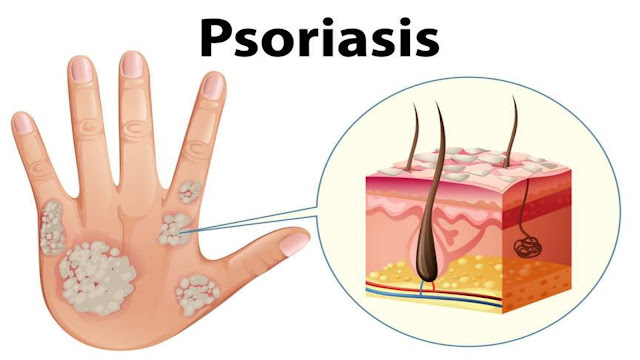
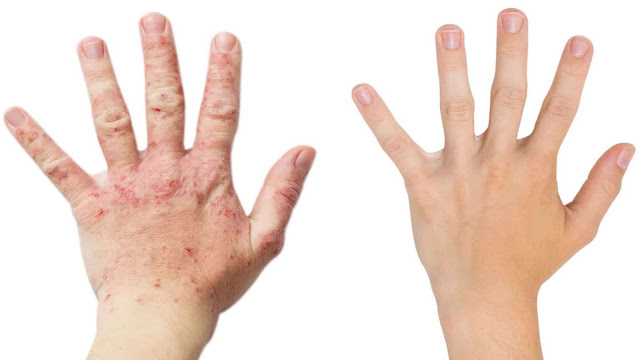

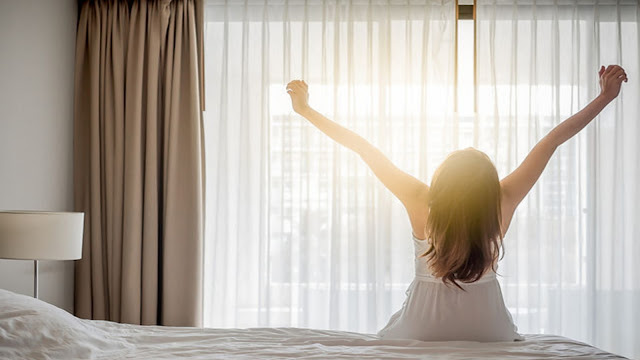
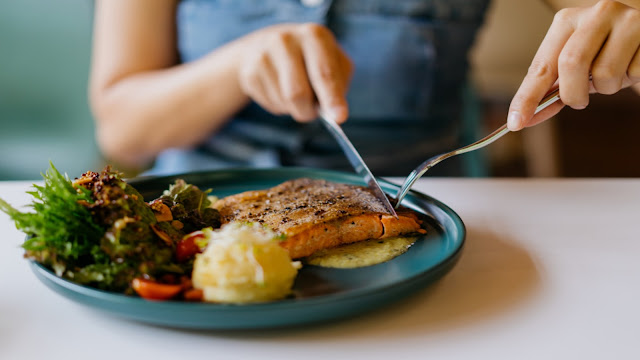
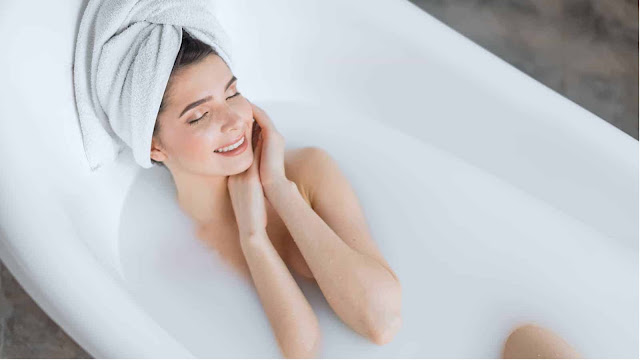
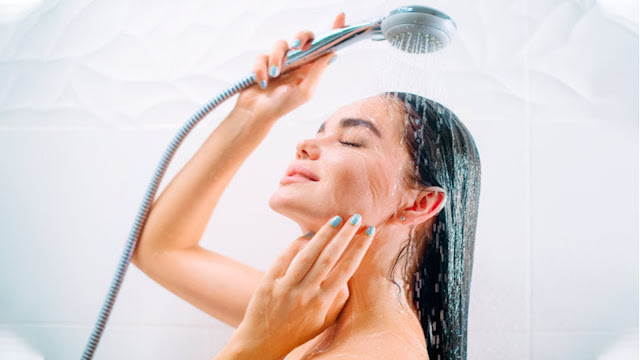
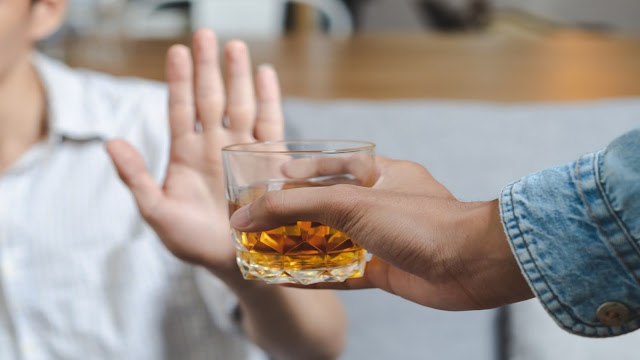










Post a Comment